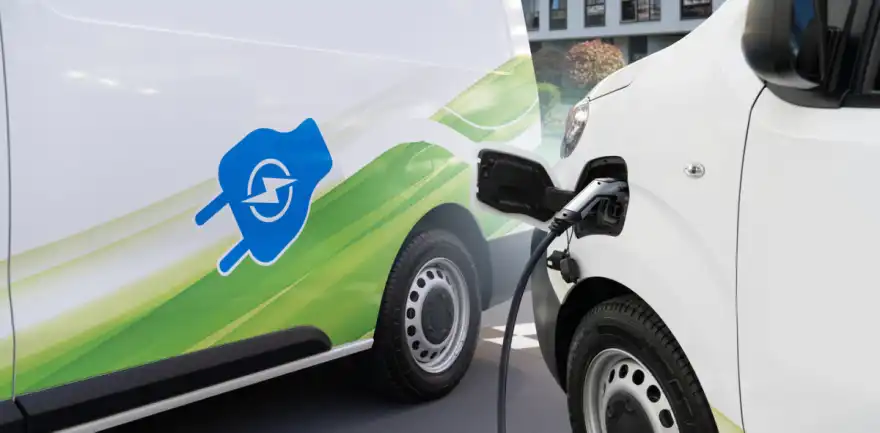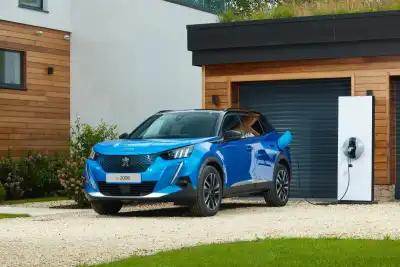
Dealers are breathing a sigh of relief after a major policy update confirmed that the sale of new petrol, diesel, and hybrid vans can continue until 2035. This extension gives commercial vehicle retailers much-needed flexibility as the shift to electric vans has been slower than expected.
Announced by the Department for Transport on April 7, the change aligns van regulations with the government’s revised 2035 phase-out plan for internal combustion engine (ICE) cars. Before this update, sales of small combustion-engine vans were set to be banned by 2030.
Between 2030 and 2035, manufacturers will need to ensure that the average CO2 emissions of their non-electric van fleets stay within 2021 levels, in line with the UK’s broader Zero Emission Vehicle (ZEV) Mandate strategy.
Sue Robinson, CEO of the National Franchised Dealers Association (NFDA), welcomed the decision, saying, “NFDA supports the government’s decision to extend petrol and diesel van and light commercial sales allowances until 2035. This is a positive move and optimistic for the next few years for commercial vehicle dealers.”
This update comes as electric van demand remains a concern. According to the Society of Motor Manufacturers and Traders (SMMT), electric van registrations grew by just 3.3% in 2024, with 22,155 units sold, maintaining a market share of 6.3%. This is far below the 10% sales target set for electric vans in 2024.
Robinson added, “It is encouraging to see the government acknowledge the NFDA’s recommendation in the Zero Emission Vans consultation. Dealers have been struggling to shift electric van stock in a market with limited demand, so this flexibility is crucial.”




